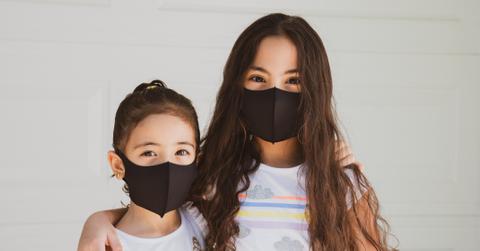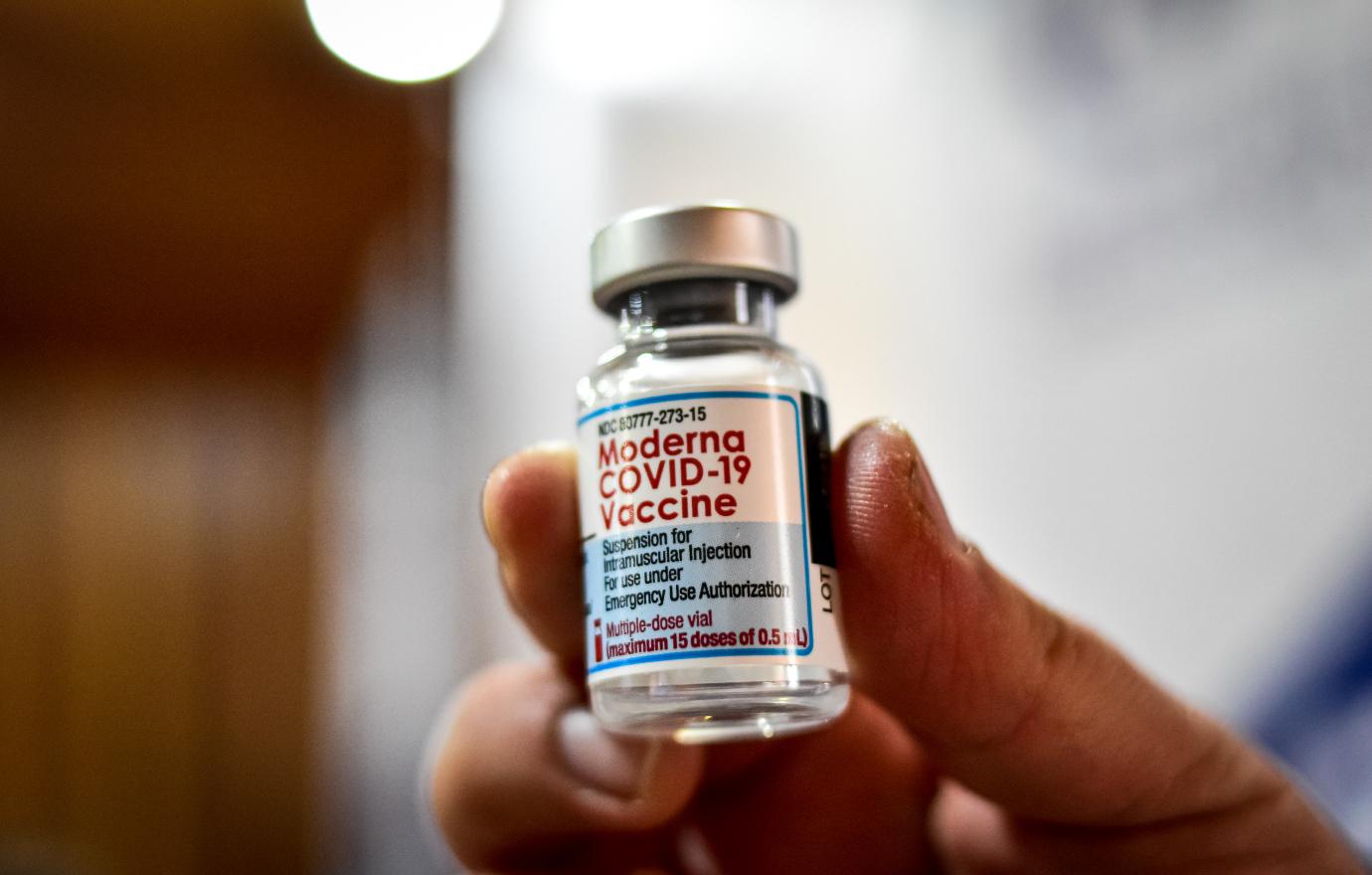
Will Kids Under The Age Of 12 Need To Get A Booster Shot For COVID-19? Doctors Give Their Thoughts
While adults in the U.S. are being encouraged to receive a third dose of the Coronavirus vaccine six months after their second, it's still unclear whether or not children will also need a booster shot.
"The hope is that because kids have a stronger immune response generally to the vaccine that, at least in the early going, after they’ve gotten the second dose, they should still be able to mount a pretty good vaccine immune response," Dr. Peter Hotez shared with Today. "I think we still have a lot of unknowns, however. And whether or not a booster will be required could be something that’s in the works. But that has got to be presented to the regulators before we know definitively. So we’re not there yet."

At the end of October, the FDA approved a lower-dose of Pfizer's vaccine for kids ages 5 to 11, as studies showed it was 90 percent effective in preventing COVID-19 infection.
Since the Omicron variant has caused a huge increase in infections, some parents want their children to get a booster shot as soon as possible, but experts warn against it.
"It’s important that we have the data so that we know that it’s needed. We only want to take medical interventions, whether that’s a vaccine or a medication or a surgery, if it’s going to provide benefits," explained Cleveland-based pediatrician Kimberly Giuliano. "Giving us time to look at the data helps us to understand how beneficial that booster could be."
"We know from the data that we have thus far, that the first two doses of the vaccine are very safe for children and adolescents. We don’t know without looking at the data, how safe a third dose would be," continued Dr. Giuliano. "So before we authorize use of boosters, we want to make sure that we know the safety and the benefits of the vaccine are both there and that the benefits outweigh the risks."
The best way to protect your young kids is to get them vaccinated and follow the CDC's guidelines.
"We all need to continue to practice those safety measures that we learned about since the beginning of the pandemic: good handwashing, wearing a mask, limiting exposure to large crowds," noted Giuliano. "And most importantly, if you’re sick stay home so that you’re not spreading diseases to other people, whether that illness is COVID-19 or another respiratory illness."
